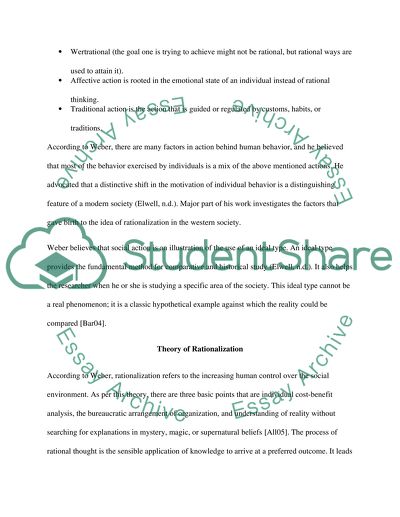Cite this document
(“Max Weber Research Paper Example | Topics and Well Written Essays - 1250 words”, n.d.)
Retrieved from https://studentshare.org/history/1453408-max-weber
Retrieved from https://studentshare.org/history/1453408-max-weber
(Max Weber Research Paper Example | Topics and Well Written Essays - 1250 Words)
https://studentshare.org/history/1453408-max-weber.
https://studentshare.org/history/1453408-max-weber.
“Max Weber Research Paper Example | Topics and Well Written Essays - 1250 Words”, n.d. https://studentshare.org/history/1453408-max-weber.


